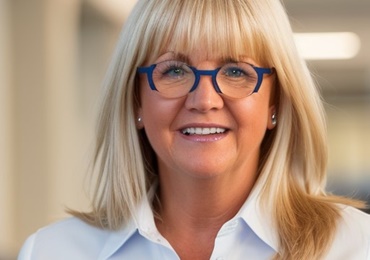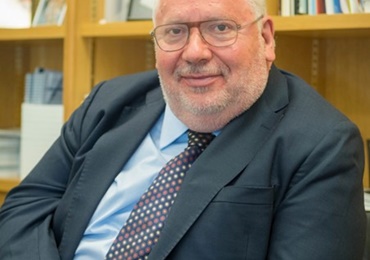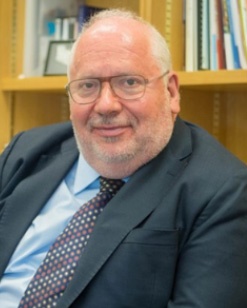Upstream regulation in practice: promoting professionalism

Ross Scales is the GDC's Head of Upstream Regulation. Ross asks what the GDC means by 'promoting professionalism' and explores the reasons behind the importance of this professionalism.
The GDC published Shifting the Balance (link to <shifting the balance>) – our vision for dental regulation - in 2017 and in January this year, the first edition of Moving Upstream, which set out our progress against meeting that vision.
Our vision is clear: to move our focus from one of enforcement to one that seeks to prevent harm from occurring in the first place, which is what we call 'upstream regulation'.
For this to be successful, we will engage with as many professionals and students in dentistry as we can to promote the importance of professionalism as a key driver for practice, this includes using our powers/remit to support dental professionals to apply professionalism as the first principle of their practice.
Why do we believe that it is necessary for us to highlight the importance of professionalism?
First off, we need to be clear: we recognise that most dental professionals behave professionally – the high levels of trust that dentistry enjoys among the public suggests that patients concur.
What we are trying to achieve is for the GDC – and others with a stake in the system of dental care, as this is not just for the GDC to carry out – to do more to:
Find out what the public and patients really want from dental professionals, what they think professionalism is, and why professional behaviour matters to them.
With the public and professionals together, discuss expectations and try to find common ground.
Where ever possible, identify those barriers, that can get in the way of a GDC registrant being the professional they want to be and work with others to try and address them.
When we have gathered evidence or consensus, by talking to people and through more formal research, we will use this to inform what we do, and share what we find out.
We want to use the conversations we facilitate between the public and dental professionals to review the standards we set. We want registrants to feel ownership of the standards set for them because they have been able to influence their development and the standards which are set reflect their views and expectations.
We are not looking to produce some sort of definitive description of professionalism - we realise that professionalism is something that will always have a range of definitions – as it means different things to different people, and it changes over time and place and context. Part of professionalism involves using judgement to navigate shades of grey and producing a definitive description would be counter to that.
So, what's the point of all this?
We want to encourage those we regulate to act based on ethical, moral, clinical and professional judgement. We do not believe that professionals should act based on a fear or worry about complying with a specific rule.
We want to focus benefits to the public, dental professionals and as a consequence of doing this, we hope to see a reduction in the number of complaints that we receive.
To foster an environment of trust that places importance on high standards of professionalism and a professionals' ability to use their judgement at its core.
We will be publishing much more about professionalism and our plans throughout the year and, as I hope you have gathered, we really want to hear your thoughts. While we will be consulting on this in 2020, we will also be out and about and talking to dental professionals and students across 2019. You can always engage with us on Twitter @GDC_UK or contact us here (link to <contact us>)
 eGDC
eGDC























